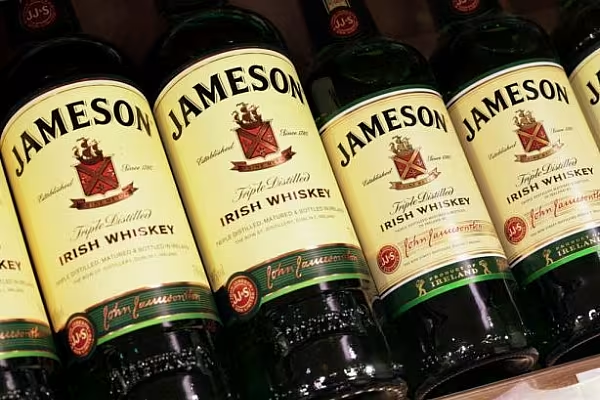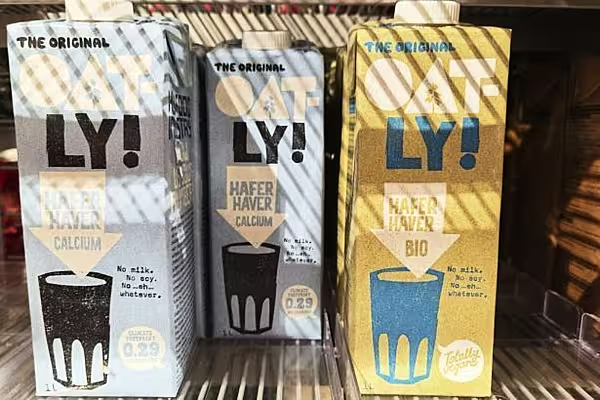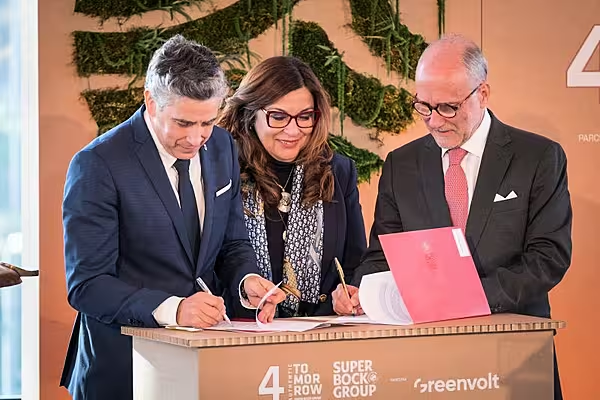French spirits maker Pernod Ricard said it still expected to return to sales growth in the 2024/25 fiscal year, despite reporting a bigger-than-expected fall in first quarter sales, caused partly by weakness in China.
Pernod, which owns Martell cognac, Mumm champagne and Absolut vodka, reported sales of €2.8 billion ($3.02 billion) from July to September, a like-for-like decline of 5.9% and worse than an analyst consensus for a decline of 4.8%.
The drop came amid weak consumer demand in China and persistent challenges in the United States.
Jefferies analysts said that while the quarterly results were "slightly light of consensus", guidance for 2024/25 was unchanged, which should reassure investors.
Finance chief Helene de Tissot told analysts that due to weakness in China, full year group sales growth would be "modest".
French luxury giant LVMH also missed estimates for its third quarter sales, also pointing to China, with the company's CFO saying consumer confidence in the country had slumped to all-time lows.
"In China, we expect a worse year than last year," Pernod Ricard chief executive Alexandre Ricard told Reuters, referring to the 2024/25 fiscal year that started on 1 July. Sales in China fell 10% last year and were down 26% in the first quarter.
Brandy Imports
Pernod, the world's second-biggest spirits group behind Diageo, is facing additional headwinds in the country, after Beijing imposed temporary anti-dumping measures on brandy imports from the European Union last week.
It plans to re-allocate marketing spend to mitigate the impact of the tariffs, said Ricard, and is aiming to protect its operating margin despite the trade measure.
China's probe should be finalised by the end of October, he said.
De Tissot also told analysts that Pernod's forecast of a sustained organic operating margin for 2024/25 took into account the impact of the Chinese tariffs.
In Europe, the spirits giant reported 'robust performance' excluding Russia, despite adverse summer weather impacting Western European markets, in particular. It gained market share in France, Germany and Poland.
News by Reuters, additional reporting by ESM.











